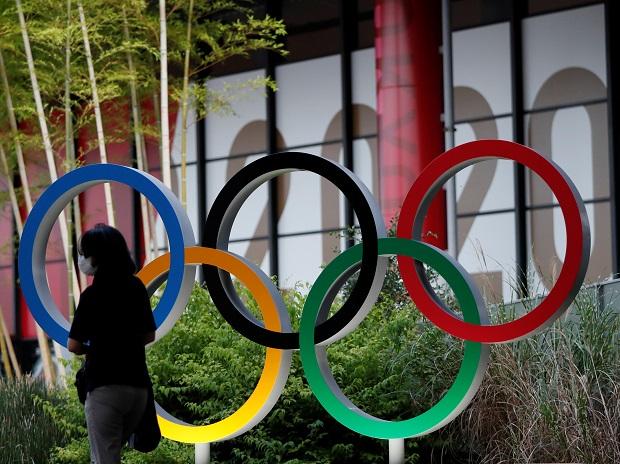[ad_1]
The International Olympic Committee’s complex discussion about allowing Russian athletes to participate at the Paris Games in 2024 if their country is still at war provided no short-term help in improving the athletes’ standing among leaders in track and field, the biggest sport on the Olympic programme.
In a year-end interview this week, World Athletics president Sebastian Coe suggested the Russian war in Ukraine, to say nothing of the still-active doping sanctions against Russia that have been in place since 2015, have led to a more difficult path for Russian track athletes to reach the IOC goal of participating as neutrals either at next year’s world championships or at the Olympics the year after that.
Coe sketched out a two-part process for Russian reinstatement. First, the doping sanctions would have to be lifted at a World Athletics council meeting in March, a prospect that seems more likely after a series of positive reports from a task force that monitors Russia’s compliance with reform efforts.
Only then, Coe said, would World Athletics begin debating whether to lift war-related sanctions against Russians, an outcome the IOC is pushing for and put into writing at its own Olympic summit last week.
Coe had previously said the fate of Russia’s track athletes would be best served if Russia were to get out of Ukraine.
Pressed on exactly what it meant to get out of Ukraine i.e., out of the Donbas region, large portions of which have effectively been under Russian control for years, or out of Crimea, which Russia illegally annexed in 2014, or something else Coe responded: I’m no military expert, and I’m certainly not trespassing into that space. All I’m saying is that has to be the objective.
In February, shortly after Russia’s invasion of Ukraine, the IOC recommended that Russian and Belarusian athletes should be excluded from competition, citing concerns over safety and the integrity of competitions. Most Olympic sports, including track, followed the recommendation and imposed bans.
At the Olympic summit last week, which Coe did not attend because of a family wedding, Russia’s military status in Ukraine was not part of the conclusions that were made public.
The Declaration of the 11th Olympic Summit expressed the Olympic ideal of keeping politics out of sports and encouraging athletes to compete in peace even if they came from warring countries.
It sought further discussions about finding ways to allow Russian athletes who did not support the war to compete in major events.
It kept a prohibition on major events in Russia or Belarus and also of the Russian flags or colours being displayed at any sports event or meeting.
It also placed the onus on international sports federations (IFs) such as World Athletics to decide if the protective measures put in place shortly after Russia’s invasion in February, which essentially excluded Russian and Belarusian athletes because their safety could not be guaranteed, were still appropriate.
Coe said IFs have long been given the authority to determine which athletes can participate in their events. That was the authority World Athletics used to ban all but 10 Russians from the Tokyo Games because of the long-running doping case while most other sports were allowing full rosters.
The one thing that came out of the Olympic Summit, and I agreed, was that the International Federations should be the ones to, in their words, carefully evaluate whether the reasons for the protective measures still exist, Coe said, and that is what we will do.
(Only the headline and picture of this report may have been reworked by the Business Standard staff; the rest of the content is auto-generated from a syndicated feed.)
[ad_2]


